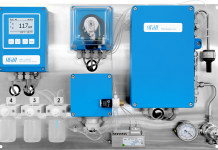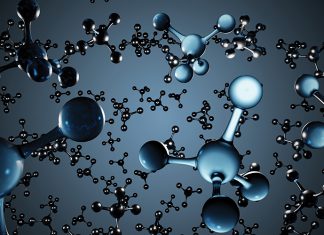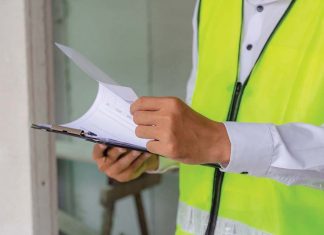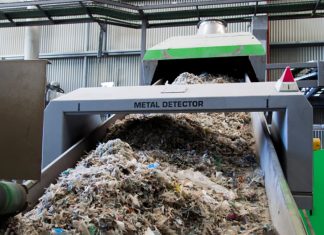CHEMUK 2022 PRESENTS ‘THE CHEMICAL, PROCESS & PLANT ENGINEERING SHOW’ & ‘THE CHEMICAL INDUSTRIES...
The CHEMUK 2022 EXPO returns on the 11th & 12th May 2022 at the NEC in Birmingham. The event, now established as the UK’s only major expo for the UK chemical industries, will showcase...
CBA devises innovative IBC solution
Back in 2000, changes to the International Carriage of Dangerous Goods by Road (ADR) regulations meant that the percentage concentration of Ammonia solution that could be legally carried in Intermediate Bulk Containers (IBC’s) by...
IBC Level Monitoring Goes Mobile
When it comes to checking stocks in tanks and silos, radar level measurement has long been a leading technology. But what about small mobile containers like IBC’s whose contents are usually estimated with just...
Hazard Studies – The Value of a Staged and Methodical Approach
Hazard studies are a well-established and essential practice within the chemical industry and are intended to enable effective planning, implementation and safe operation of hazardous systems and processes.
Although studies such as Hazard and Operability...
One third of companies not ready for chemical emergency
Crisis preparation and management standards are falling short in almost a third of businesses as a new report reveals internal teams worry their organizations are not prepared for a global chemical emergency as part...
INEOS, Petroineos and Plastic Energy in plastic recycling breakthrough
INEOS Olefins & Polymers Europe and Plastic Energy are working together on a trial to convert ‘hard to recycle plastic material’, such as flexible packaging, back into ‘food-grade’ quality plastic for use in food...
Rubber holds key to long-lasting, safer EV batteries
Georgia Tech engineers have solved common problems (slow lithium-ion transport and poor mechanical properties) using rubber electrolytes.
For electric vehicles (EVs) to become mainstream, they need cost-effective, safer, longer-lasting batteries that won’t explode during use...
Scientists develop novel strategy for sustainable post-lithium-ion batteries
Bristol University scientists are celebrating the performance of sustainable batteries with far-reaching implications for e-vehicles and devices.
High-performance sodium and potassium ion batteries have been developed using sustainably sourced cellulose.
Scientists at the Bristol Composites Institute...
UK scientists apply pressure to develop sustainable and affordable catalysis for production of biorenewable...
The Process Intensification Group at the School of Engineering, Newcastle University, is using the MultiCell-PLUS High-Pressure Reactor as part of their program of ongoing research to create a new environmentally-friendly generation of catalysts for...
Mini grinding mill closes in on details of ‘green’ chemical reactions
Scientists at the University of Cambridge have developed a new approach for observing mechanochemical reactions – where simple ingredients are ground up to make new chemical compounds and materials that can be used in...




















